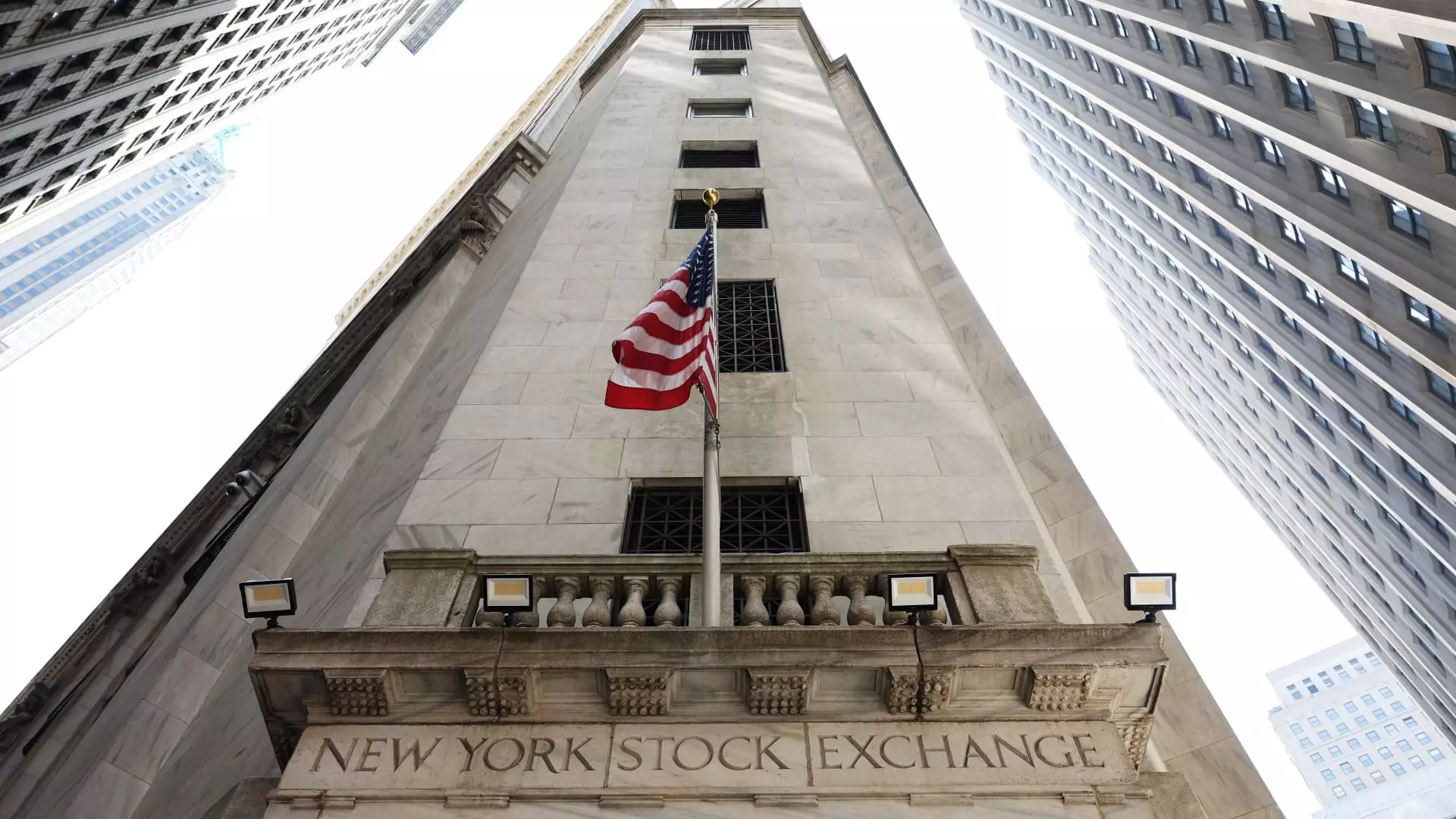As global markets experienced sharp declines in response to a weaker-than-expected jobs report from the U.S., Morningstar DBRS analysts issued a warning that these sustained market declines could potentially trigger a recession. The analysts expressed concerns that the market sell-off could become a self-fulfilling prophecy, causing corporate CEOs to cut back on investments and consumers to reduce spending. This chain reaction could lead to further economic cuts and ultimately result in a recession.
Following the release of the disappointing jobs report, which revealed nonfarm payrolls below projections and a rise in the unemployment rate, global markets reacted with substantial losses. Japan’s Nikkei 225 plummeted by over 12% while the U.S.-based S&P 500 recorded its worst day in nearly two years. The tech and bank sectors bore the brunt of the sell-off, raising concerns about the health of the world’s largest economy.
Morningstar analysts emphasized that despite the slowing growth of the U.S. economy, it was still expanding. The unemployment rate remained below the expected natural level, as projected by the Congressional Budget Office. Additionally, recent data indicated a 2.8% economic growth during the second quarter, reflecting a positive trajectory for the economy.
While market volatility presented challenges, U.S. banks were deemed resilient by Morningstar analysts. Conversations with management teams at these banks, as well as recent earnings releases and guidance, suggested that concerns about a soft landing were unfounded. The analysts noted that banks in major markets, including the U.S., possessed sufficient capital and liquidity buffers to weather further market declines or a potential recession.
Despite the negative impact of market volatility on banks, particularly in terms of wealth and asset management fees, Morningstar analysts indicated that most banks had minimal exposure to equities in their portfolios. They also highlighted the potential benefits of volatility for capital markets players, cautioning against the risks of rapid valuation changes if not properly hedged.
Contrary to the substantial market declines in Japan, Morningstar analysts predicted no material impact on capital management for banks in the region. Despite the challenging economic environment, banks in Japan were expected to navigate through the volatility without significant consequences.
While the global economy faced uncertainties due to sustained market declines and concerns of a potential recession, Morningstar DBRS analysts remained cautiously optimistic about the resilience of banks in major markets. The impact of market volatility, though significant, was viewed as manageable, emphasizing the importance of adequate capital and liquidity buffers in navigating through challenging economic conditions.



Leave a Reply